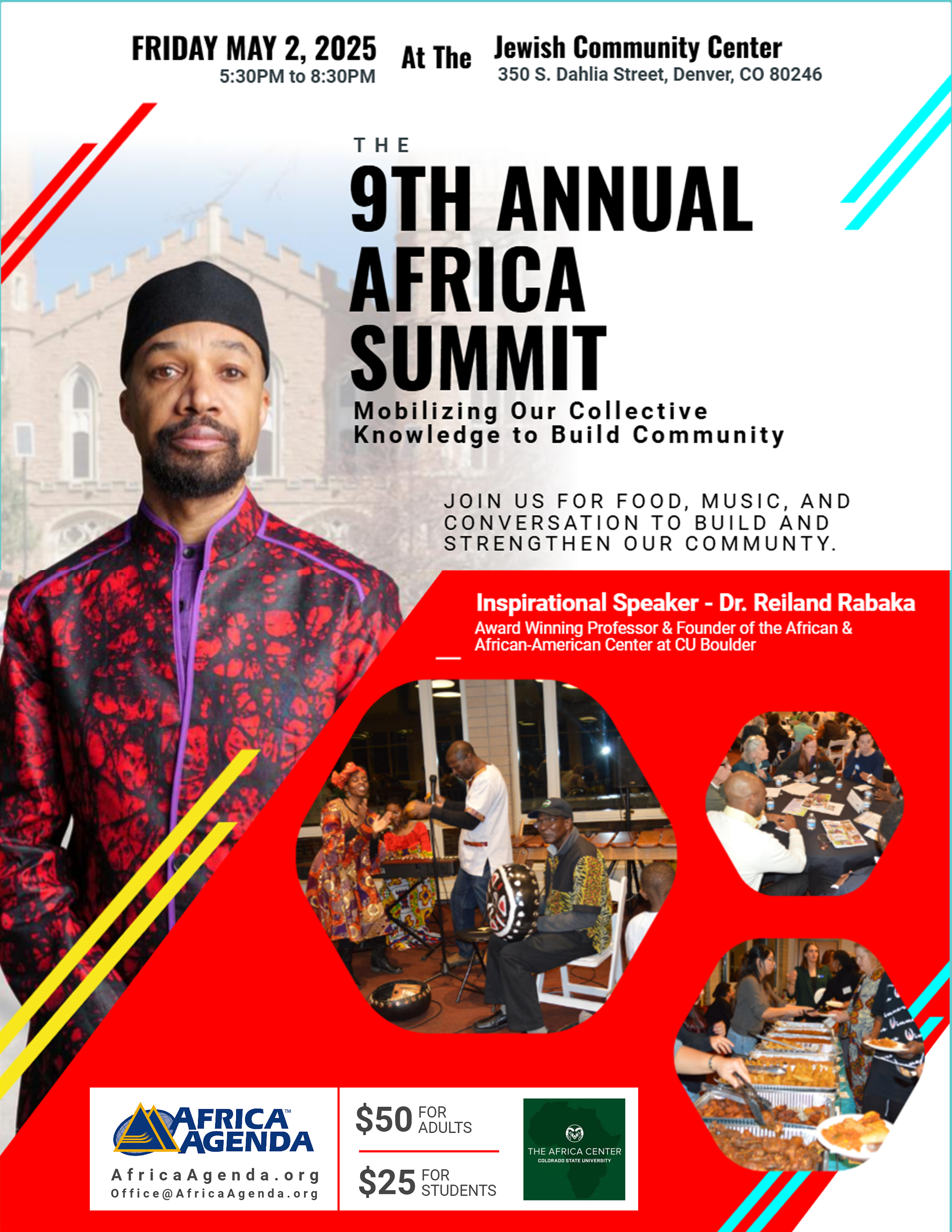- Ahmad Ahmad Elected As New CAF President - January 1, 2021
- Author Emma Eminash Explains How Africans Navigate America Life - May 20, 2017
- In Case You Missed It: 4/3/17 – 4/12/17 - April 12, 2017
India in the Mix
May 17, 2009Gabon awaits new president
June 14, 2009
Photo Credits: U.S State Department.
Johnnie Carson is a career U.S diplomat with over 40 years of experience. He is now the new U.S Assistant Secretary of State for African Affairs. Carson has been to more than 40 countries out of the 48 nations that make up sub- Saharan Africa. He has been a U.S ambassador to 4 out of those 48 nations. At his senate confirmation hearing on April 29, he painted quite an optimistic view of Africa in the 21st century. Excerpts of his address are posted below. To read the full speech, please visit the attached link.
Also, both Ghana and South Africa featured prominently in Carson’s address during the confirmation hearing. As if by design, the White House announced on May 16 that President Obama will visit Ghana in July. This will be President Obama’s first official visit to Africa since becoming president of the United States.
The Black Star News of New York reacted to the news this way.
Why Obama’s Ghana Pick is excellent:
“The country, which had a smooth election and transition earlier this year with John Atta Mills stepping into office was selected over larger and more powerful African countries such as Nigeria and South Africa for the honor.”
Excerpts of Carson’s confirmation address:
“During the past decade Africa has made great progress in democratization, economic policy reform and the reduction of violent conflict. The greatest progress has been made in the area of democracy and governance. Africans support democracy and the values that underpin it. The two most recent examples of this are to be found in Ghana and South Africa. On January 3rd of this year, Ghanaians went to the polls and selected John Atta Mills as their new president, marking the fourth successful presidential election in that country over the past fifteen years and the second time the ruling party has been replaced by the opposition. And on April 22, over 13 million South Africans – blacks, whites and coloreds — went peacefully to the polls to elect a new president, Jacob Zuma. Mr. Zuma is South Africa’s fourth president since the end of the apartheid era. These recent elections in Ghana and South Africa are not unique and represent an aspect of Africa’s unfolding democratic history that is often overlooked. Since 1998, dozens of African countries have embraced democratic rule. Today, 12 of Africa’s 48 states are regarded as full democracies while 23 others are regarded by Freedom House as partial democracies. This is a remarkable achievement given that thirty years ago military dictatorships and one party states predominated across the continent.
Africa has also made measurable strides in the economic field. African governments have liberalized their economies, embraced market reforms and adopted pro-business policies. And prior to the on-set of the global financial crisis in 2008, Africa had experienced nearly a decade of steady economic growth, averaging over five point three per cent a year.
Although much of this growth was driven by oil and gas exports, and the rise in mineral and commodity prices, significant policy changes by African governments, an upsurge in agricultural exports and the expansion of Africa’s entrepreneurial middle class have played a major role in this turnaround.
Mr. Chairman, there has also been a sharp reduction in the number of conflicts around Africa over the past decade. The bloody and often barbaric civil wars that ripped Liberia and Sierra Leone apart in the 1990s have ended. The hot war that erupted along the Ethiopia-Eritrean border has gone dormant and the massive outside intervention that threatened to cripple and divide the Congo has now faded away. African leaders recognize the negative impact violent conflicts have on their region and many of them have demonstrated a willingness to assume greater responsibility for preventing and responding to conflicts. The participation of African states in sub regional peace keeping missions and the African Union’s commitment to the establishment of five standby brigades across the continent attest to this fact”
- Ahmad Ahmad Elected As New CAF President - January 1, 2021
- Author Emma Eminash Explains How Africans Navigate America Life - May 20, 2017
- In Case You Missed It: 4/3/17 – 4/12/17 - April 12, 2017


